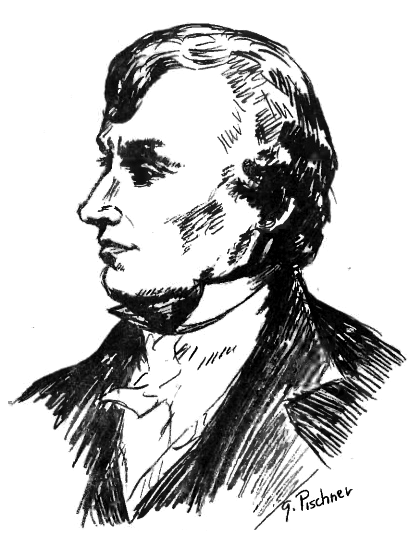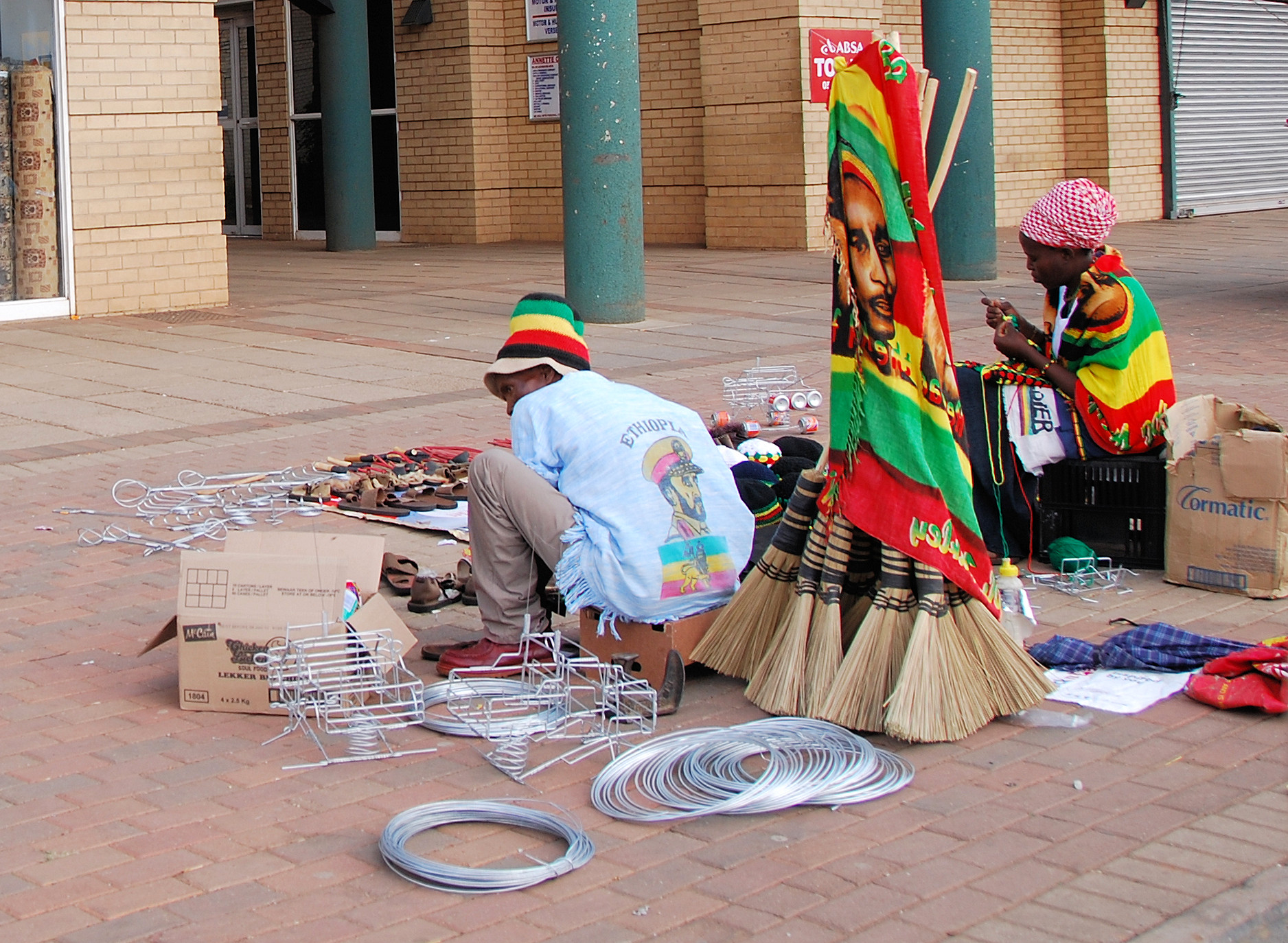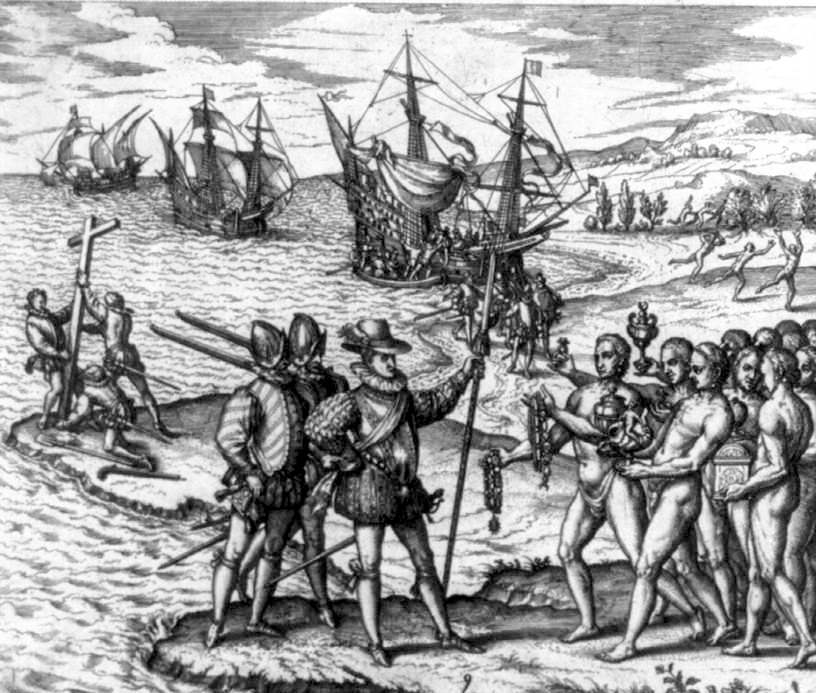|
Back-to-Africa
The back-to-Africa movement was a political movement in the 19th and 20th centuries advocating for a return of the descendants of African American slaves to Sub-Saharan Africa in the African continent. The small number of freed slaves who did settle in Africa—some under duress—initially faced brutal conditions, due to diseases to which they no longer had biological resistance. As the failure became known in the United States in the 1820s, it spawned and energized the radical abolitionism in the United States, abolitionist movement. In the 20th century, the Jamaican political activist and black nationalist Marcus Garvey, members of the Rastafari movement, and other African Americans supported the concept, but few actually left the United States. In the late 18th century, thousands of Black Loyalists joined British military forces during the American Revolutionary War. In 1787, the British Crown founded a settlement in Sierra Leone in what was called the "Cline Town, Provinc ... [...More Info...] [...Related Items...] OR: [Wikipedia] [Google] [Baidu] |
Marcus Garvey
Marcus Mosiah Garvey Jr. (17 August 188710 June 1940) was a Jamaican political activist. He was the founder and first President-General of the Universal Negro Improvement Association and African Communities League (UNIA-ACL) (commonly known as UNIA), through which he declared himself Provisional President of Africa. Garvey was ideologically a Black nationalism, black nationalist and Pan-Africanism, Pan-Africanist. His ideas came to be known as Garveyism. Garvey was born into a moderately prosperous Afro-Jamaican family in Saint Ann's Bay and was apprenticed into the print trade as a teenager. Working in Kingston, Jamaica, Kingston, he became involved in trade unionism. He later lived briefly in Costa Rica, Panama, and England. On returning to Jamaica, he founded the UNIA in 1914. In 1916, he moved to the United States and established a UNIA branch in New York City's Harlem district. Emphasising unity between Demographics of Africa, Africans and the African diaspora, he campaig ... [...More Info...] [...Related Items...] OR: [Wikipedia] [Google] [Baidu] |
American Colonization Society
The American Colonization Society (ACS), initially the Society for the Colonization of Free People of Color of America, was an American organization founded in 1816 by Robert Finley to encourage and support the repatriation of freeborn people of color and emancipated slaves to the continent of Africa. It was modeled on an earlier British Committee for the Relief of the Black Poor's colonization in Africa, which had sought to resettle London's "black poor". Until the organization's dissolution in 1964, the society was headquartered in Room 516 of the Colorado Building in Washington, D.C. The American Colonization Society was established in 1816 to address the prevailing view that free people of color could not integrate into U.S. society; their population had grown steadily following the American Revolutionary War, from 60,000 in 1790 to 300,000 by 1830. Slave owners feared that these free Black people might help their slaves to escape or rebel. In addition, many White Am ... [...More Info...] [...Related Items...] OR: [Wikipedia] [Google] [Baidu] |
Abolitionism In The United States
In the United States, abolitionism, the movement that sought to end slavery in the United States, slavery in the country, was active from the Colonial history of the United States, colonial era until the American Civil War, the end of which brought about the abolition of American slavery, Penal labor in the United States, except as punishment for a crime, through the Thirteenth Amendment to the United States Constitution (ratified 1865). The anti-slavery movement originated during the Age of Enlightenment, focused on ending the Atlantic slave trade, transatlantic slave trade. In Colonial America, a few German Quakers issued the 1688 Germantown Quaker Petition Against Slavery, which marked the beginning of the American abolitionist movement. Before the American Revolutionary War, Revolutionary War, Evangelicalism in the United States, evangelical colonists were the primary advocates for the opposition to Slavery in the colonial United States, slavery and the slave trade, doing ... [...More Info...] [...Related Items...] OR: [Wikipedia] [Google] [Baidu] |
Colonization Societies
A number of colonization societies which promoted the migration of African Americans to Africa have existed in the United States. Thomas Jefferson was a Founding Father who promoted the racial separation of Native Americans and the colonization of African Americans to places far away from Virginia. Jefferson was the most important early advocate of colonization. The Reverend Samuel Hopkins of Newport appears to have originated the idea of colonization in 1770.New International Encyclopedia List of colonization societies * Sierra Leone Company * Maryland State Colonization Society * African Colonization Society, (1800–1816) Based in the state of Virginia, perhaps at Richmond * American Colonization Society (1817–onwards) Somehow, it became intermingled with the National Colonization Society. Samuel John Mills (1783–1818) was the founder, in conjunction with Dr. Finley * International Migration Society (1894–1899), founded at the behest of Bishop Henry McNeil Turn ... [...More Info...] [...Related Items...] OR: [Wikipedia] [Google] [Baidu] |
Rastafari Movement
Rastafari is an Abrahamic religion that developed in Jamaica during the 1930s. It is classified as both a new religious movement and a social movement by scholars of religion. There is no central authority in control of the movement and much diversity exists among practitioners, who are known as Rastafari, Rastafarians, or Rastas. Rastafari beliefs are based on an interpretation of the Bible. Central to the religion is a monotheistic belief in a single God, referred to as Jah, who partially resides within each individual. Rastas accord key importance to Haile Selassie, Emperor of Ethiopia between 1930 and 1974, who is regarded variously as the Second Coming of Jesus, Jah incarnate, or a human prophet. Rastafari is Afrocentric and focuses attention on the African diaspora, which it believes is oppressed within Western society, or "Babylon". Many Rastas call for this diaspora's resettlement in Africa, a continent they consider the Promised Land, or "Zion". Rastas refer to t ... [...More Info...] [...Related Items...] OR: [Wikipedia] [Google] [Baidu] |
Somerset V Stewart
''Somerset v Stewart'' (177298 ER 499(also known as ''Sommersett v Steuart'', Somersett's case, and the Mansfield Judgment) is a judgment of the English Court of King's Bench (England), Court of King's Bench in 1772, relating to the right of an slavery, enslaved person on English soil not to be forcibly removed from the country and sent to Jamaica for sale. According to one reported version of the case, William Murray, 1st Earl of Mansfield, Lord Mansfield decided that: Lord Mansfield found that to the extent the laws of England and Wales had ever permitted slavery, those laws were superseded by later law or otherwise defunct. This absence of a current English statute ("positive law") under which the court might remand someone as a slave proved decisive, as Mansfield refused to accept any other basis for the court to order something that he considered repugnant. The case was closely followed throughout the Empire, particularly in the thirteen American colonies. Scholars have d ... [...More Info...] [...Related Items...] OR: [Wikipedia] [Google] [Baidu] |
British Empire
The British Empire comprised the dominions, Crown colony, colonies, protectorates, League of Nations mandate, mandates, and other Dependent territory, territories ruled or administered by the United Kingdom and its predecessor states. It began with the English overseas possessions, overseas possessions and trading posts established by Kingdom of England, England in the late 16th and early 17th centuries, and colonisation attempts by Kingdom of Scotland, Scotland during the 17th century. At its height in the 19th and early 20th centuries, it became the List of largest empires, largest empire in history and, for a century, was the foremost global power. By 1913, the British Empire held sway over 412 million people, of the world population at the time, and by 1920, it covered , of the Earth's total land area. As a result, Westminster system, its constitutional, Common law, legal, English language, linguistic, and Culture of the United Kingdom, cultural legacy is widespread. ... [...More Info...] [...Related Items...] OR: [Wikipedia] [Google] [Baidu] |
Saint-Domingue
Saint-Domingue () was a French colonization of the Americas, French colony in the western portion of the Caribbean island of Hispaniola, in the area of modern-day Haiti, from 1659 to 1803. The name derives from the Spanish main city on the island, Santo Domingo, which came to refer specifically to the Spanish-held Captaincy General of Santo Domingo, now the Dominican Republic. The borders between the two were fluid and changed over time until they were finally solidified in the Dominican War of Independence in 1844. The French had established themselves on the western portion of the islands of Hispaniola and Tortuga (Haiti), Tortuga thanks to the Devastations of Osorio. In the Treaty of Ryswick of 1697, Spain formally recognized French control of Tortuga Island and the western third of the island of Hispaniola. In 1791, slaves and some Saint-Domingue Creoles, Creoles took part in a Haitian Vodou, Vodou ceremony at Bois Caïman and planned the Haitian Revolution. The slave rebe ... [...More Info...] [...Related Items...] OR: [Wikipedia] [Google] [Baidu] |
Liberia
Liberia, officially the Republic of Liberia, is a country on the West African coast. It is bordered by Sierra Leone to Liberia–Sierra Leone border, its northwest, Guinea to Guinea–Liberia border, its north, Ivory Coast to Ivory Coast–Liberia border, its east, and the Atlantic Ocean to its south and southwest. It has a population of around 5.5million and covers an area of . The official language is English. Languages of Liberia, Over 20 indigenous languages are spoken, reflecting the country's ethnic and cultural diversity. The capital and largest List of cities in Liberia, city is Monrovia. Liberia began in the early 19th century as a project of the American Colonization Society (ACS), which believed that black people would face better chances for freedom and prosperity in Africa than in the United States. Between 1822 and the outbreak of the American Civil War in 1861, more than 15,000 freed and free-born African Americans, along with 3,198 Afro-Caribbeans, relocated to ... [...More Info...] [...Related Items...] OR: [Wikipedia] [Google] [Baidu] |
Thirteen Colonies
The Thirteen Colonies were the British colonies on the Atlantic coast of North America which broke away from the British Crown in the American Revolutionary War (1775–1783), and joined to form the United States of America. The Thirteen Colonies in their traditional groupings were: the New England Colonies (New Hampshire, Massachusetts, Rhode Island, and Connecticut); the Middle Colonies ( New York, New Jersey, Pennsylvania, and Delaware); and the Southern Colonies (Maryland, Virginia, North Carolina, South Carolina, and Georgia). These colonies were part of British America, which also included territory in The Floridas, the Caribbean, and what is today Canada. The Thirteen Colonies were separately administered under the Crown, but had similar political, constitutional, and legal systems, and each was dominated by Protestant English-speakers. The first of the colonies, Virginia, was established at Jamestown, in 1607. Maryland, Pennsylvania, and the New England Colon ... [...More Info...] [...Related Items...] OR: [Wikipedia] [Google] [Baidu] |
History Of Haiti
The recorded history of Haiti began in 1492, when the European captain and explorer Christopher Columbus landed on a large island in the region of the western Atlantic Ocean that later came to be known as the Caribbean. The western portion of the island of Hispaniola, where Haiti is situated, was inhabited by the Taíno people, Taíno and Arawak peoples, Arawakan people, who called their island ''Ayiti.'' The island was promptly claimed for the Spanish Empire, Spanish Crown, where it was named ''La Isla Española'' ("the Spanish Island"), later Latinisation of names, Latinized to ''Hispaniola''. By the early 17th century, the French had built a settlement on the west of Hispaniola and called it Saint-Domingue. Prior to the Seven Years' War (1756–1763), the economy of Saint-Domingue gradually expanded, with sugar and, later, coffee becoming important export crops. After the war which had disrupted maritime commerce, the colony underwent rapid expansion. In 1767, it exported indigo ... [...More Info...] [...Related Items...] OR: [Wikipedia] [Google] [Baidu] |







